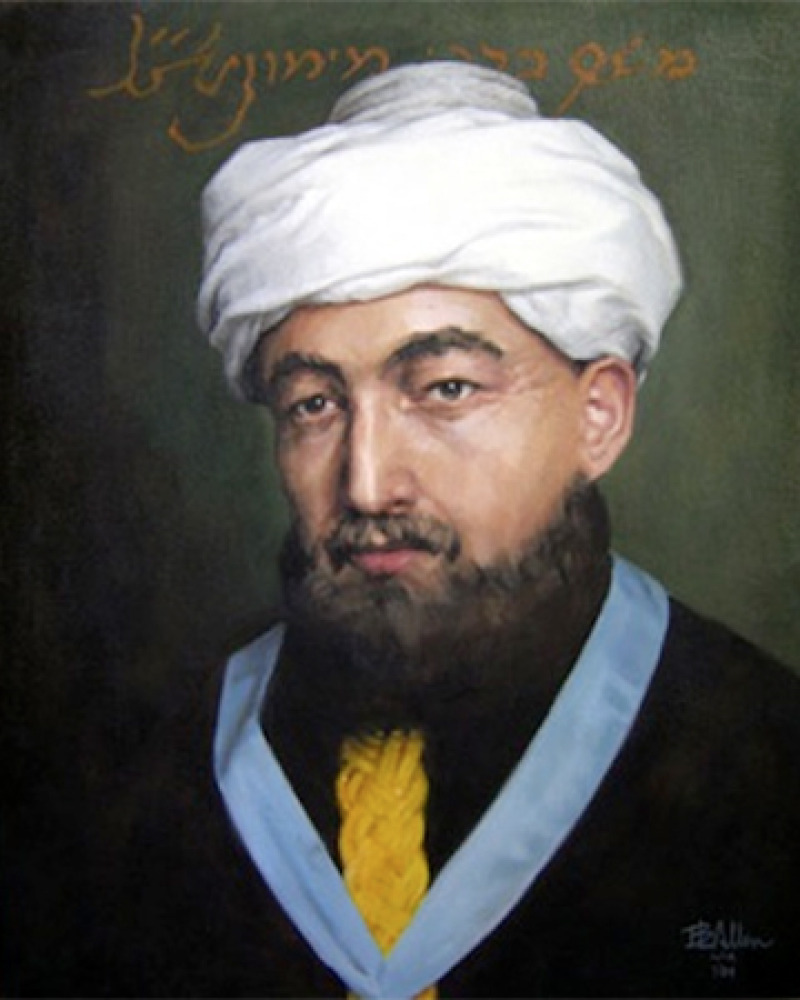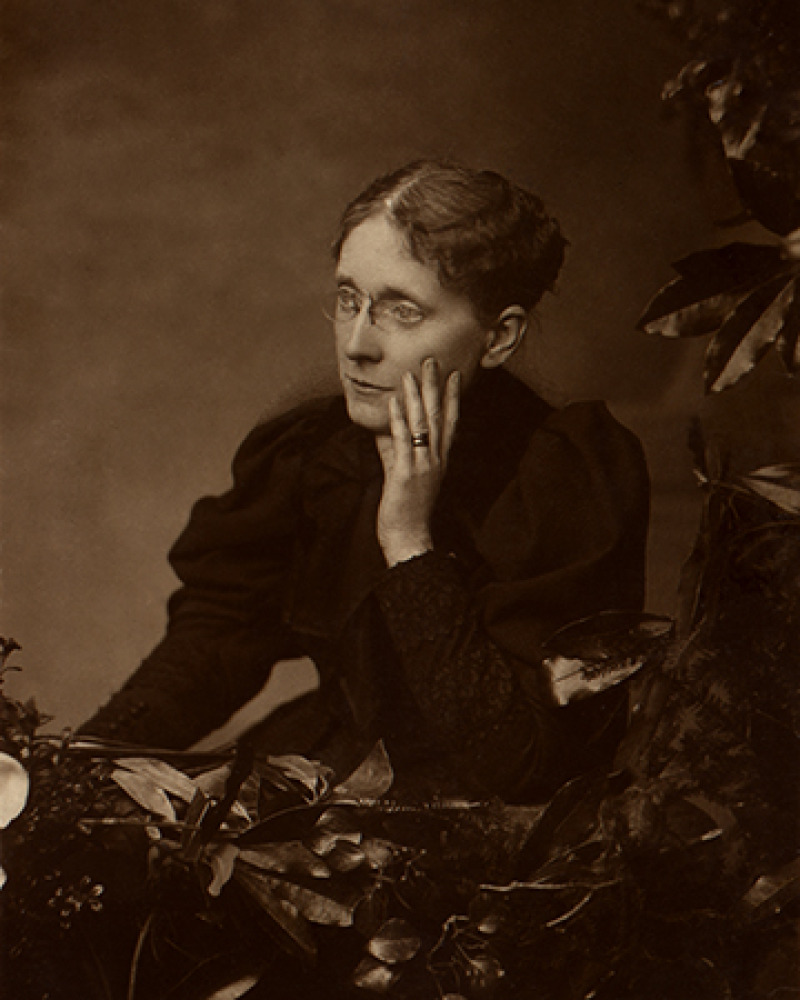
Moses Maimonides
Guide for the Perplexed,
1190
Guide for the Perplexed,
It is the object of the perfect law to make man reject, despise, and reduce his desires as much as is in his power. He should give way to them only when absolutely necessary. It is well known that it is intemperance in eating, drinking, and sexual intercourse that people mostly rave and indulge in, and these very things counteract the ulterior perfection of man, impede at the same time the development of his first perfection, and generally disturb the social order of the country and the economy of the family. For by following entirely the guidance of lust, in the manner of fools, man loses his intellectual energy, injures his body, and perishes before his natural time. Sighs and cares multiply; there is an increase of envy, hatred, and warfare for the purpose of taking what another possesses. The cause of all this is the circumstance that the ignorant consider physical enjoyment as an object to be sought for its own sake. God in his wisdom has therefore given us such commandments as would counteract that object and prevent us altogether from directing our attention to it, and has debarred us from everything that leads only to excessive desire and lust.
